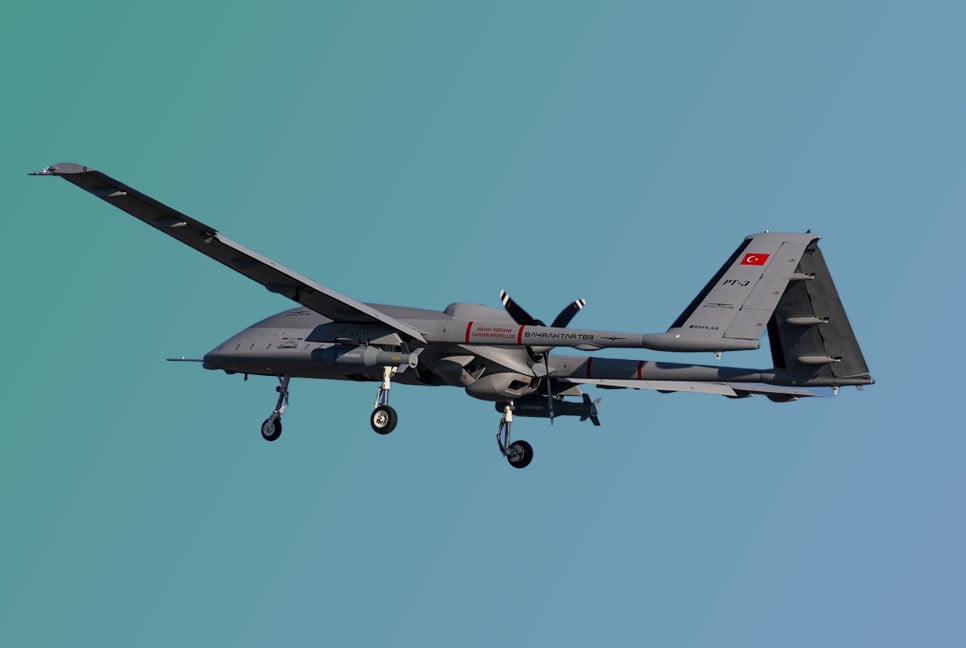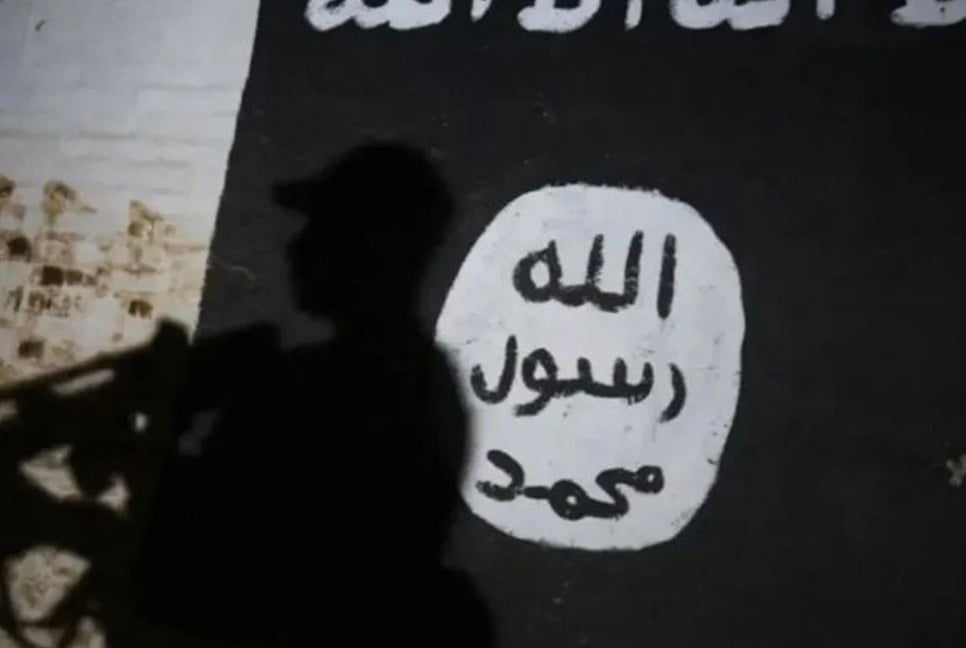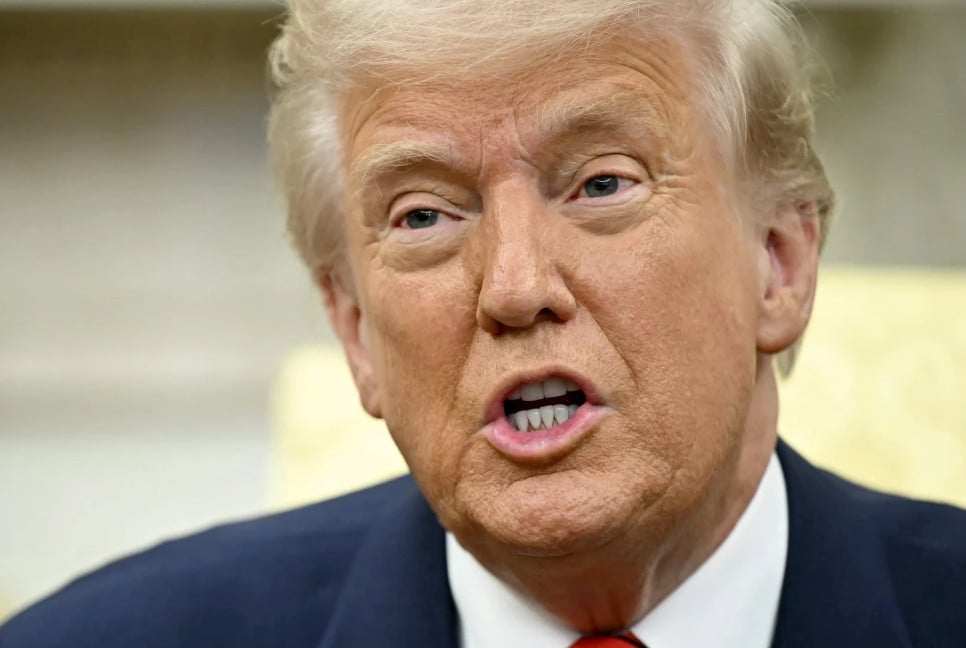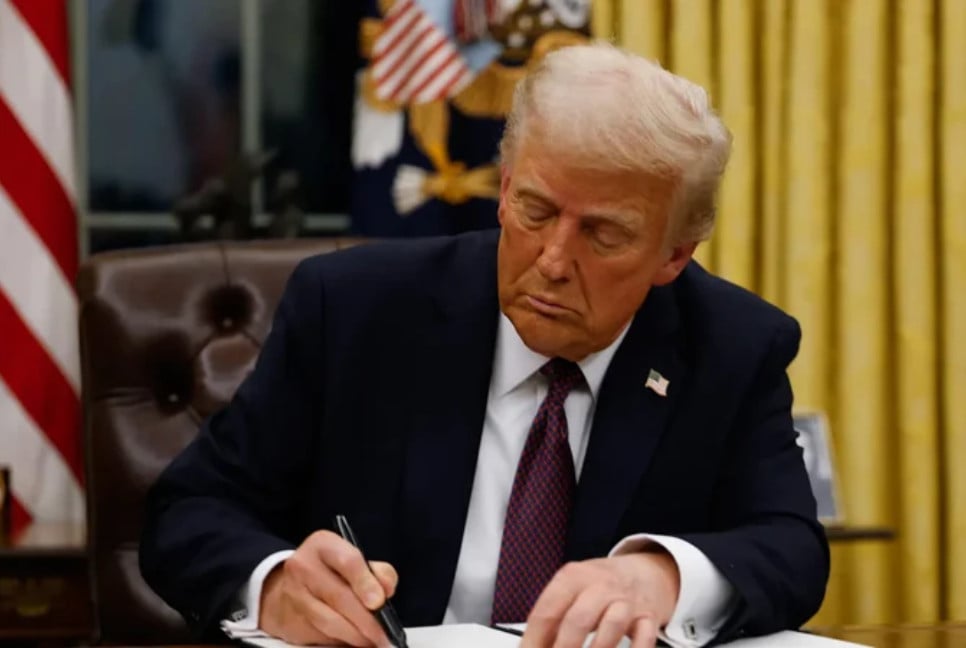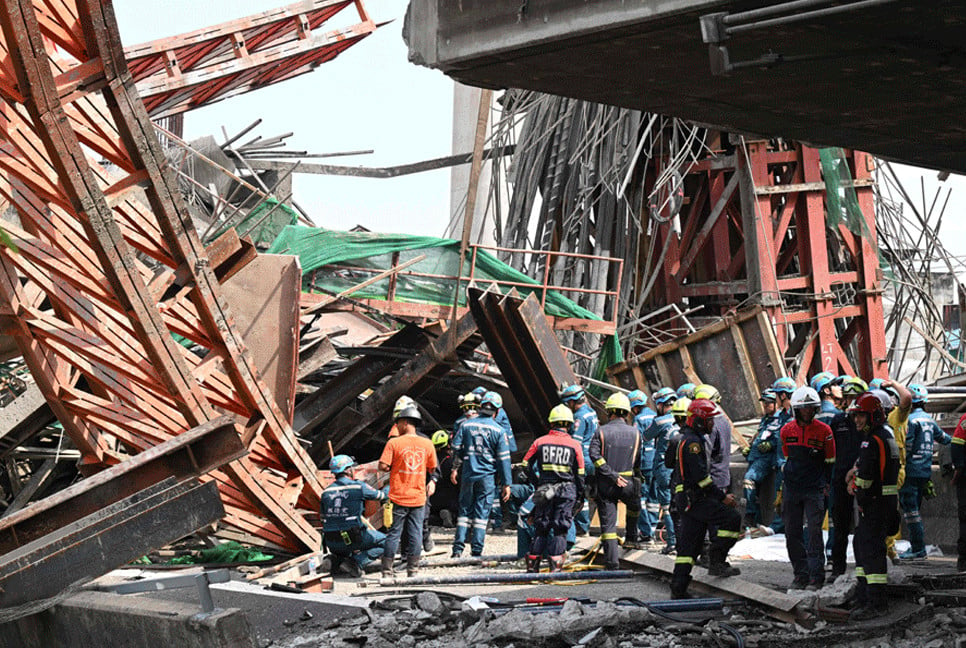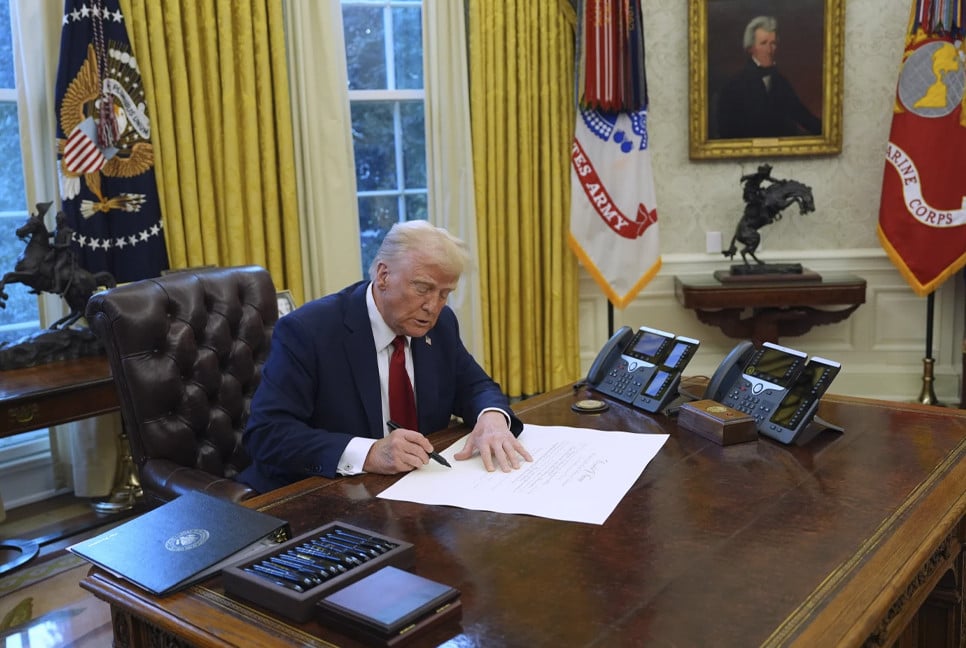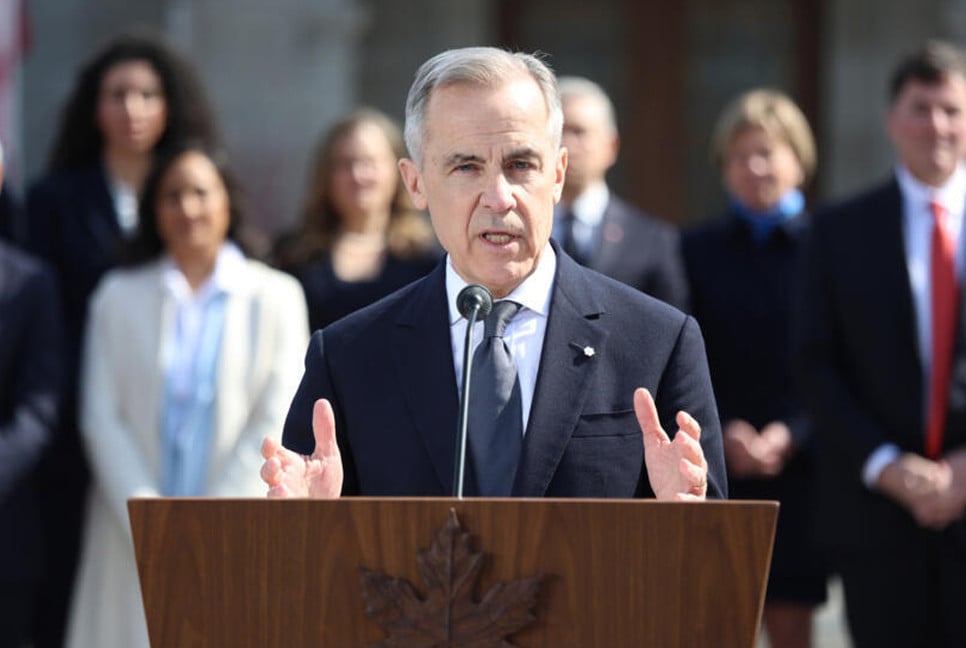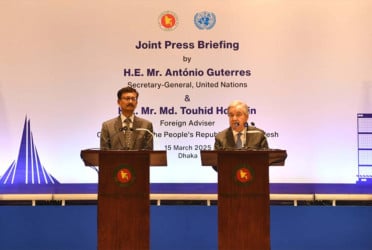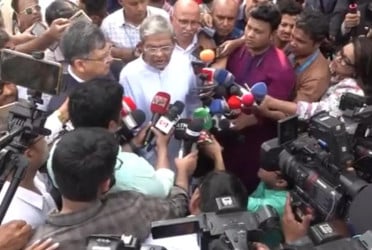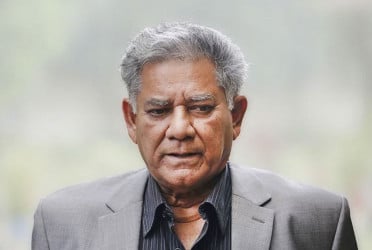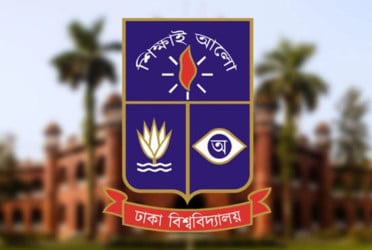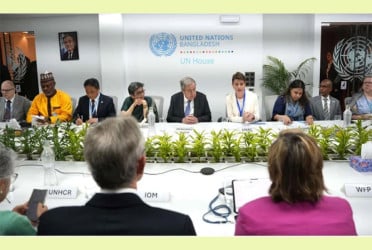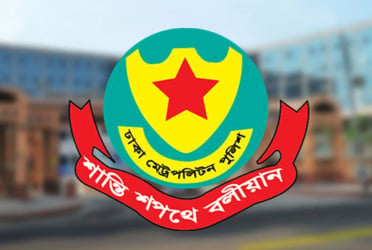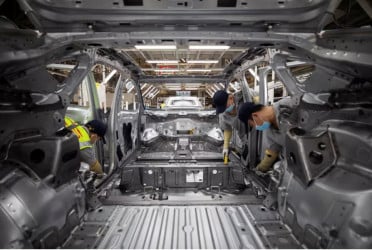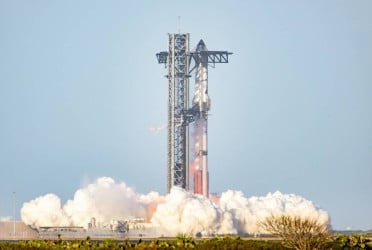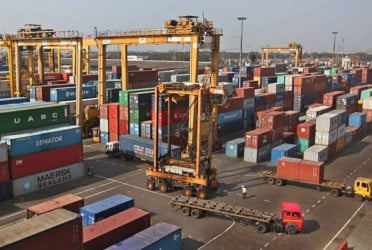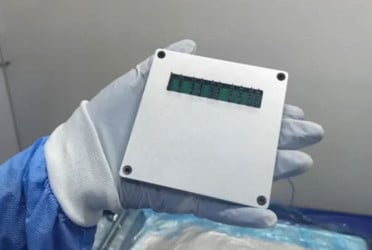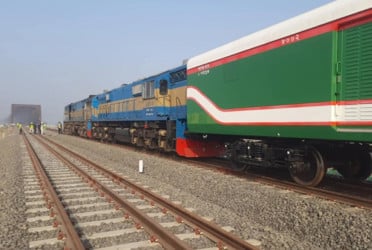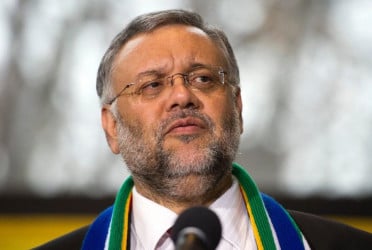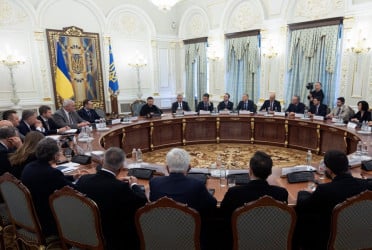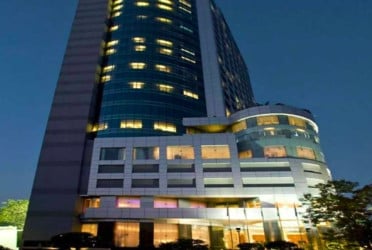Greece has expressed strong objections to Turkiye’s acquisition of Italian aerospace firm Piaggio Aerospace, with reports indicating that Athens is preparing a formal protest to Italy over the deal. The Greek daily Kathimerini reported Monday that Greek authorities argue Rome bypassed EU regulations by approving the sale without notifying European partners. The report was also cited by Italian news agency Ansa, reads a Daily Sabah report.
The acquisition was approved late last year, with Turkish defense firm Baykar signing a preliminary contract for the transfer of Piaggio Aerospace’s business assets last month. Piaggio Aerospace—unrelated to Vespa scooter maker Piaggio—had been under government-controlled special administration since filing for creditor protection in 2018. Italy’s Industry Ministry stated that Baykar’s bid was chosen over two other final offers due to its ability to secure jobs, settle debts, and revitalize the company’s industrial prospects.
Despite this, Greek officials insist that European defense cooperation must be transparent, particularly when Turkiye is involved. Kathimerini noted that many European nations, including Spain and the U.K., continue defense collaborations with Turkiye despite Athens’ opposition. The report highlighted concerns that Italy’s aerospace giant Leonardo is exploring deeper ties with Baykar in the field of unmanned aerial vehicles, further intensifying Greek fears over unchecked European defense agreements with Ankara.
Beyond the Piaggio deal, Greece is also voicing objections to the possible sale of Meteor air-to-air missiles to Turkiye by a European defense consortium, which includes France. According to Greek media, Prime Minister Kyriakos Mitsotakis discussed the matter with French President Emmanuel Macron during an AI summit in Paris. Public broadcaster ERT reported that Mitsotakis raised concerns over the missile sale for the second time in recent days, amid broader talks on strategic cooperation and regional security.
France has not officially commented on the issue, with a statement from Macron’s office focusing instead on EU strategy on AI, European competitiveness, and France’s commitment to its strategic partnership with Greece.
Turkiye, meanwhile, is in negotiations to acquire up to 40 Eurofighter EF-2000 jets as part of efforts to modernize its air force. Reports indicate that Meteor missiles are part of the proposed Eurofighter package. Greece, which has significantly expanded its own military capabilities—including modernizing its F-16 fleet and purchasing French Rafale jets armed with Meteor missiles—strongly opposes any sale of the advanced weapon system to Turkiye.
Greek Defense Minister Nikos Dendias has already summoned the French ambassador and military attaché in Athens to express the country's firm opposition. Greek media reported that Mitsotakis sought further clarification from Macron on the matter during an EU summit in Brussels earlier this month.
The diplomatic tensions come as Turkiye continues to expand its defense industry, reducing reliance on foreign suppliers and advancing domestic production across multiple sectors, including drones, armored vehicles, naval frigates, and unmanned jets.
Last Friday, Turkish sources confirmed that President Recep Tayyip Erdoğan spoke with Macron by phone, discussing bilateral relations and cooperation, among other topics. However, no official details were provided on whether the missile sale was addressed during the call.
Bd-pratidin English/ Jisan

